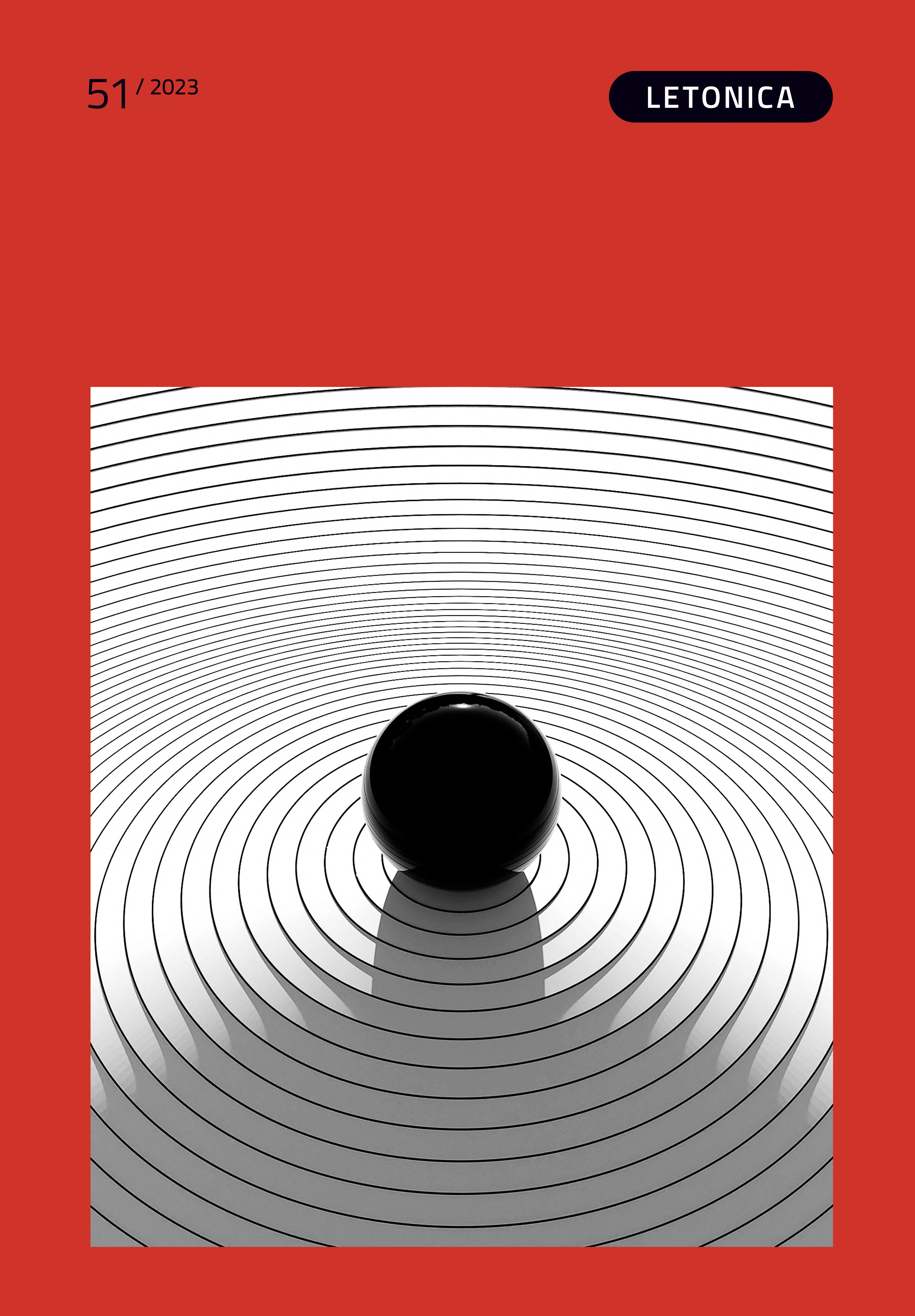Baltic Nations in Soviet Dissident Literature: The Compromise by Sergei Dovlatov
Baltic Nations in Soviet Dissident Literature: The Compromise by Sergei Dovlatov
Author(s): Deniss HanovsSubject(s): Literary Texts, Cultural history, Social history, Novel, Post-War period (1950 - 1989), History of Communism, Cold-War History, History of Antisemitism
Published by: Latvijas Universitātes Literatūras, folkloras un mākslas institūts
Keywords: anti-semitism; dissidents; memory politics; Soviet colonialism; subaltern; reverse orientalism;
Summary/Abstract: The article reflects on the images of the Baltic nations in the novel The Compromise (1981) by Soviet dissident author Sergei Dovlatov. The novel is analyzed within the framework of Baltic post-colonial studies, which are supplemented by the history of Soviet dissident literature of the early 1980s. The narrator, a Soviet journalist, acts in two roles: he is a Soviet subaltern and a dissident author, yet a staff member of a Soviet newspaper, and therefore a colonial tool. The narrator discovers his in-between status when he discovers his colonized status while at the same time his revelation does not produce any change in his image of the Baltic cultures. They, the Baltic nations, remain unknown to the narrator. His fragmented discovery of Estonian and Latvian history and culture leads to no real contact with the groups. Selected chapters of the novel analyzed in this paper suggest that the orientalized Estonians and Latvians remain as silenced groups with stories unknown to the narrator, as the language tools necessary for a dialogue are missing. The narrator also participates in the process of orientalizing the Baltic cultures, as the case of a milkmaid shows.
Journal: Letonica
- Issue Year: 2023
- Issue No: 51
- Page Range: 96-119
- Page Count: 24
- Language: English

